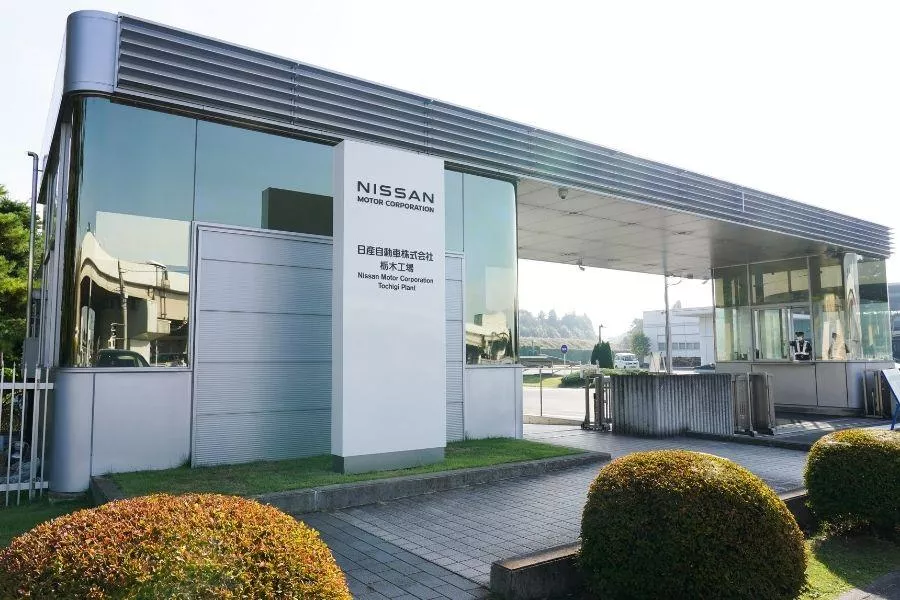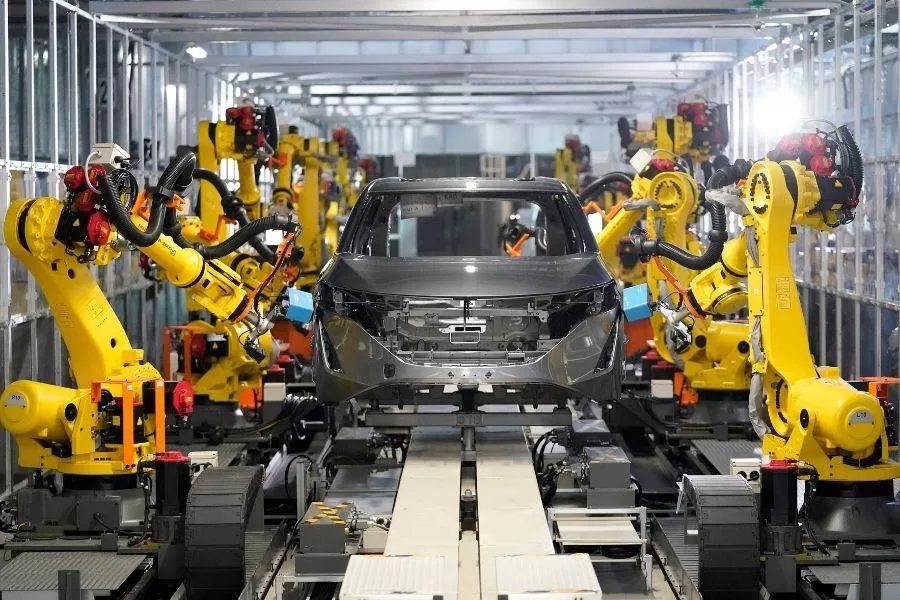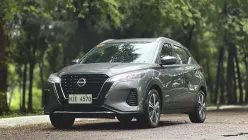As time goes on, the challenges of automotive mass manufacturing have no doubt grown. Recently, the biggest one of these is the COVID-19 pandemic. But apart from that, the industry also faces climate change.
At Nissan Intelligent Factory we’re building the future of mobility
Nissan unveiled a new production line at its Tochigi Plant, and it features innovative technologies that will ensure that the marque can meet the aforementioned hurdles head-on. Collectively, this is known as the Nissan Intelligent Factory initiative.
But while this new facility very well meets those said challenges, it can also provide an improved environment that ensures worker safety. It was also designed to meet the manufacturing demands of next-generation car models.
To further explain the objectives of the Nissan Intelligent Factory Initiative, the company’s Executive Vice President for Manufacturing and Supply Chain Management said that:
“The automotive industry is in a period of great change, and solving the global challenge of climate change is urgent. We see this as an opportunity to build the strength of monozukuri (manufacturing), a part of our DNA, to develop and apply innovative technologies to overcome the challenges we face.”

The Nissan Tochigi Plant that was upgraded via the Nissan Intelligent Factory Initiative
To meet some of those aforementioned challenges, the new production line mainly uses robots. Sure, the work of a Nissan takumi (master technician) will never be matched, but this move towards automation will ensure the plant’s continuous production even as Japan faces a future labor shortage due to an aging society.
For that matter, automation will also ensure continuous production even with minimal human input. Like when COVID-19 had spread throughout Asia and so hamstrung many industries in the region.
As mentioned, Nissan has a commitment to lowering its carbon footprint. On that note, the new production line was designed to support hybrid and fully electric models that will be subsequently released in the near future. The company even seeks to electrify the said plant’s equipment by around 2050.

Robot arms in the midst of assembling a car at the Nissan Tochigi plant
To that end, it will be able to reduce energy usage and thus, carbon neutrality. Specifically, the said power needed to keep the said facility in operation will be sourced from renewable energy sources or generated using alternative, more environmentally friendly fuels. In short, Nissan is looking to make its production system totally emission-free.
What do you think of the Nissan Intelligent Factory Initiative? Is this the new template that other existing car manufacturers should follow?
For the latest developments in the automotive industry, stay updated with Philkotse.
Know more about Nissan

Nissan Philippines has a total of eight models in the market, excluding one upcoming vehicle which is the Nissan Magnite. The price list of Nissan vehicles in 2023 ranges from Php 779,000 to Php 4,698,000 for the cheapest Nissan Almera and most expensive Nissan Patrol, respectively. Meanwhile, the Nissan GT-R's price in the Philippines is available upon request so visit Nissan dealerships for inquiries. Nissan's best-selling models in the Philippine market are as follows: Nissan Navara, Nissan Urvan, and Nissan Terra.
At Philkotse.com, we provide you with the most up-to-date Nissan Philippines price list, along with promotions from all dealers, the best monthly installment programs, prepaid, and cash discounts in the Philippines market.
Recent posts
- great wall acquiring nissan spain plant Oct 07, 2021
- Nissan Philippines six EV dealerships Sep 24, 2021
- how nissan makes new car smells Sep 16, 2021
















